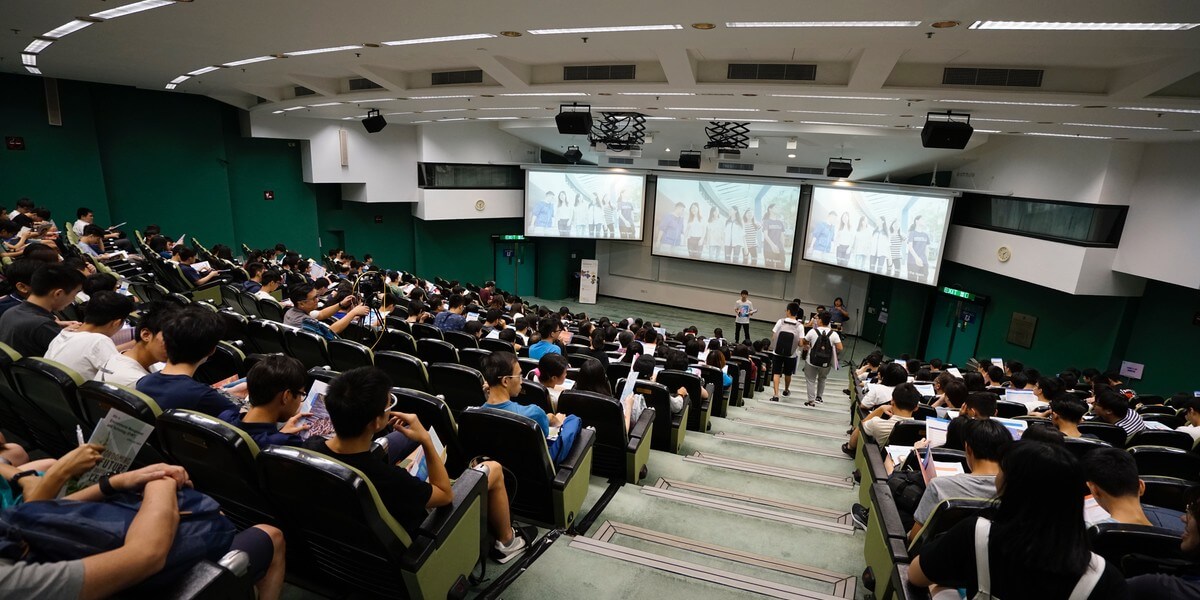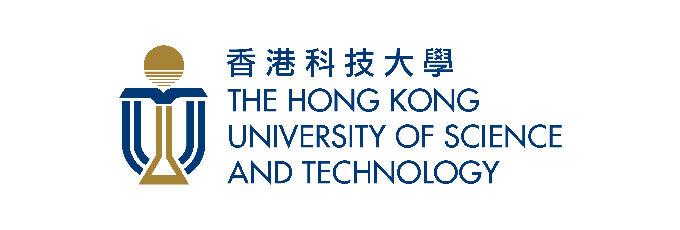The spread of COVID-19 in China created a need for low-contact delivery methods. Thankfully, Professor Ming Liu had been developing autonomous vehicles at the Department of Electronic and Computer Engineering (ECE) at the Hong Kong University of Science and Technology (HKUST). In February, a company he founded, Shenzhen Unity Drive Innovation Technology (UDI), deployed two low-speed unmanned vehicles to his hometown Zibo in Shandong. They have since been transporting fresh fruits, vegetables and other urgently needed supplies to severely affected areas.
While the applications of autonomous driving have largely been limited to the private automotive sector, Liu says there is also a large market for low-speed driving scenarios such as delivery, shuttle buses, patrols, and cleaning. “We hope that innovation in self-driving cars can improve people’s lives faster and on a larger scale than possible in the past,” he says.
Liu credits the highly-talented PhD candidates at HKUST for much of the success of this project. Many of them, like Yuying Chen from China, are drawn by the Hong Kong PhD Fellowship Scheme. Chen is thankful for the support the scheme provides and for the “professional guidance and good research atmosphere” she experiences working with Liu. Chen proposed the hierarchical method that is responsible for planning the self-driving car’s trajectory.
“The final goal is to develop a reliable, low-speed autonomous vehicle, which involves a lot of hardware and software work. This experience enabled me to master practical engineering skills and d me to become an algorithm engineer. I learned to put ideas into practice,” she shares.
Leading the way for next-generation networks
Expanding the deployment of autonomous vehicles will greatly increase demand for data communication and storage. Intel estimates that each autonomous vehicle will generate approximately 4,000 GB of data a day – equivalent to the mobile data generated by almost 3,000 people. That’s where Professor Khaled Ben Letaief’s work on connected intelligence for 6G networks comes in; for example, it enables vehicle-to-vehicle communication for autonomous navigation in dense traffic.
Ben Letaief has shared his research findings on mobile-edge computing (MEC) in award-winning papers and at global seminars. He envisions a hyper-connected, cyber-physical world powered by artificial intelligence (AI). “With powerful edge servers in close proximity to mobile users, MEC brings a number of important benefits, including ultra-low latency, reduced mobile energy consumption reduction, and better privacy and security enhancement. Our research tackles a critical design problem in MEC, namely, joint radio and communication resource management, and a major contribution is the development of a powerful framework based on stochastic optimisation,” he explains.
Over at the Photonics Technology Centre, Professor Kei May Lau has also been making headway in advancing high-speed data communication. Her work on semiconductor-based optical devices and materials sets the foundation for the next generation of energy-efficient hardware. For example, Lau has developed high-performance transistors and diodes for high-voltage switching applications, as well as micro-LED display technology for wearable electronics, compact projection, and virtual or augmented reality applications.
Her advice for budding researchers? “Keep an open mind and be receptive to the opinions and ideas of others. Develop the capability to judge good or bad research directions and methodologies. Be persistent, but also be ready to change course and find a better way.”

Source: HKUST, Department of Electronic and Computer Engineering
Exploring better, faster, stronger innovations
Over at the Centre for Artificial Intelligence Research (CAiRE), Professor Pascale Fung recently led a team of postgraduate students in designing an end-to-end generative empathetic chatbot. Supported by a web interface, this chatbot can understand user emotions and respond appropriately – and it gets better with feedback. The chatbot went on to win one of the prizes in the COVID-19 Open Research Dataset Challenge, which was launched in response to the rapid acceleration in new coronavirus literature, making it difficult for the medical research community to keep up.
“CAiRE-COVID aims to facilitate the medical community, in the time-critical race, to find answers to various COVID-related queries in the hope of finding a cure for the virus. With an end-to-end neural network-based system, it can quickly generate ranked lists and paragraph-level summaries among COVID-19 Open Research Dataset’s 57,000 scholarly articles, most of them with full texts, about COVID-19 and related coronaviruses,” Fung shares.
Such efforts and collaborations are more valuable than ever during the pandemic. In Liu’s words, “Despite the differences in the roles of advisers and students, we have a consensus that technology should serve humanity. That is the source of passion for our work and there is nothing better than seeing your research benefit human lives in reality.”
This shared passion attracts talent from all over the world to advance scientific understanding and innovation via rigorous research at the ECE Department at HKUST. Talented students are often attracted to the university via the Hong Kong PhD Fellowship Scheme (HKPFS), which offers international PhD scholars stipends, guaranteed university accommodation for the first two years, as well as research and travel funding to facilitate their doctoral studies abroad. Apply to the department and for the HKPFS by Dec. 1, 2020 to clinch a spot at one of the most prestigious institutions in Asia.
Follow ECE at HKUST on Facebook, LinkedIn, YouTube, Twitter and Instagram..
Like this? Then you’ll love…
HKUST: Creating electronic engineering leaders of tomorrow











